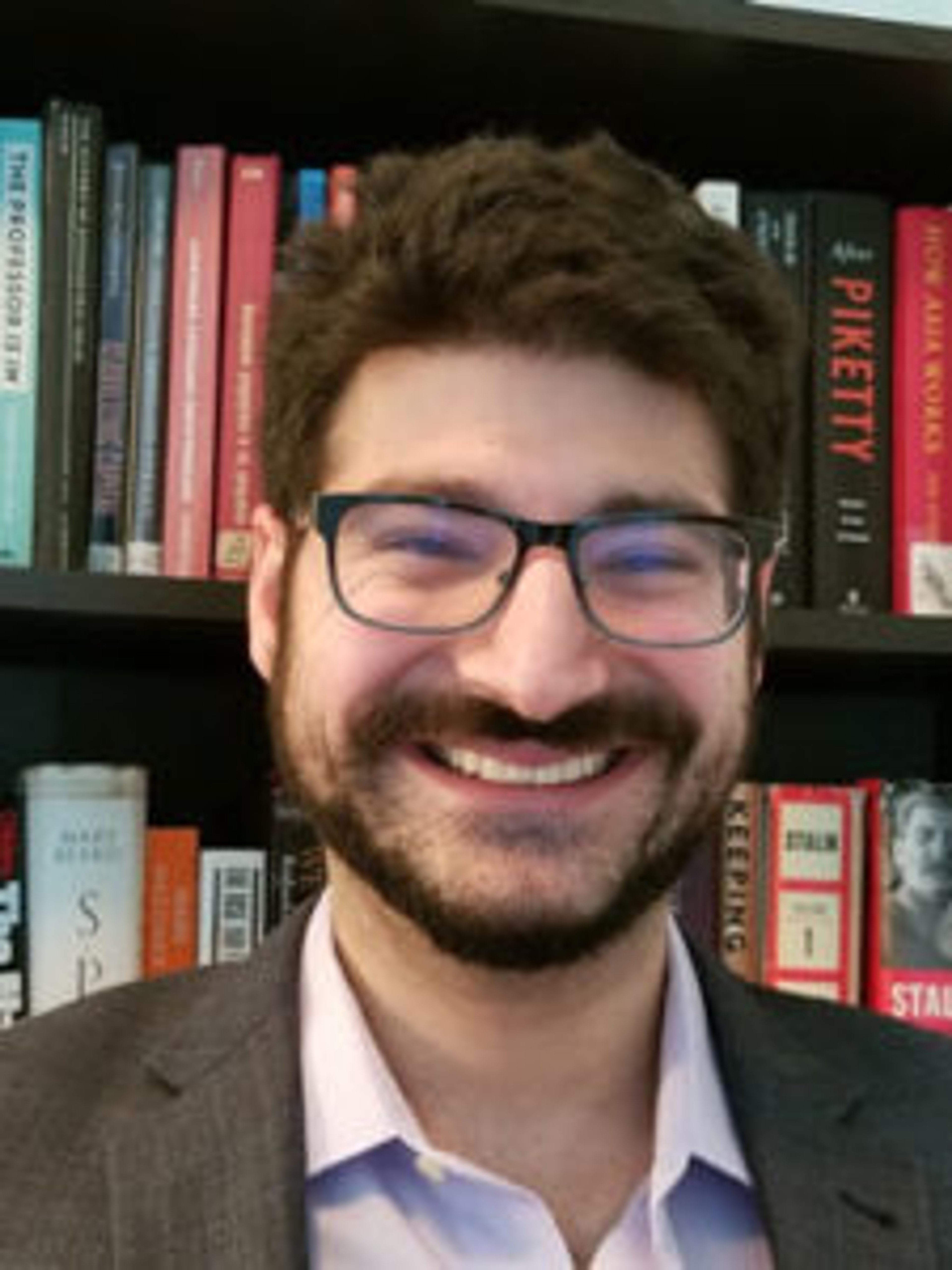Berggruen Institute Names Dr. Yakov Feygin as Associate Director of New Program–Future of Capitalism–to Foster New Thinking for Market Economies
Los Angeles, CA —The Berggruen Institute, today announced author and scholar Dr. Yakov Feygin as the Institute’s first Associate Director for its new Future of Capitalism program, a key thematic area for the Institute’s study of the great transformations in technology and culture, politics and economics, and global power arrangements. Feygin joins the Institute in this new role on February 28, 2019.

“The Berggruen Institute is committed to generating new ideas to address the great transformations of the 21st century. One of the biggest challenges is how to make our collective economic architecture more ecologically sustainable and humane—which is precisely what our Future of Capitalism program aims to address,” stated Nils Gilman, Berggruen Institute Vice President of Programs. “Yakov Feygin’s combination of original thinking and technical skills will provide just the leadership we need to identify and refine game-changing ideas for renovation.”
Working closely with Gilman, Feygin is responsible for developing the research agenda, projects, initiatives and partnerships for the Future of Capitalism program at the Berggruen Institute. As a core part of the Berggruen Institute’s work to develop and promote long-term answers to the biggest challenges of the 21st Century, the Future of Capitalism program will work to identify new ideas, models and mechanisms about how to manage and legitimate market economies.
“Joining the Berggruen Institute gives me a unique opportunity to contribute to the development of new thought on the future of the global economy and measures to make it more equitable and sustainable. I am excited to bring my own expertise in the historical study of comparative economic systems as well as to build and cultivate a network of intellectuals whose work I can shepherd toward actionable ideas,” remarked Yakov Feygin. “Berggruen is a special place where scholars and government and private sector leaders can meet not only to discuss immediate problems but the long-term, fundamental issues that will challenge a diverse global society.”
Prior to joining the Berggruen Institute, Yakov Feygin was a fellow in History and Policy at the Harvard University Kennedy School of Government and managing editor of The Private Debt Project. In these capacities, he conducted and coordinated research into international political economy, financialization and comparative economics systems.
Feygin holds a Ph.D. in History with a focus on economic history from the University of Pennsylvania. His forthcoming book, Building a Ruin: The International and Domestic Politics of Economic Reform in the Soviet Union will be published by Harvard University Press. He has taught courses in international political economy, money and banking and business history and held fellowships from the Institute for New Economic Thinking, The Fulbright-Hays Doctoral Dissertation Research Abroad Program, Harvard University, and the University of Pennsylvania.
###
About the Berggruen Institute
The Berggruen Institute’s mission is to develop ideas and shape political, economic and social institutions for the 21st century. Providing critical analysis using an outwardly expansive and purposeful network, the Institute brings together some of the best minds and most authoritative voices from across cultural and political boundaries to examine the great transformations to capitalism, democracy, the global order and humanity. To date, projects inaugurated at the Berggruen Institute have helped develop a youth jobs plan for Europe, fostered a more open and constructive dialogue between Chinese leadership and the West, and strengthened the ballot initiative process in California. The Berggruen Institute partners with The Washington Post, to produce The WorldPost, an award-winning global media platform. Additionally, the $1 million Berggruen Prize is conferred by an independent jury and awarded annually to a thinker whose ideas are helping to shape human self-understanding and advance humankind.